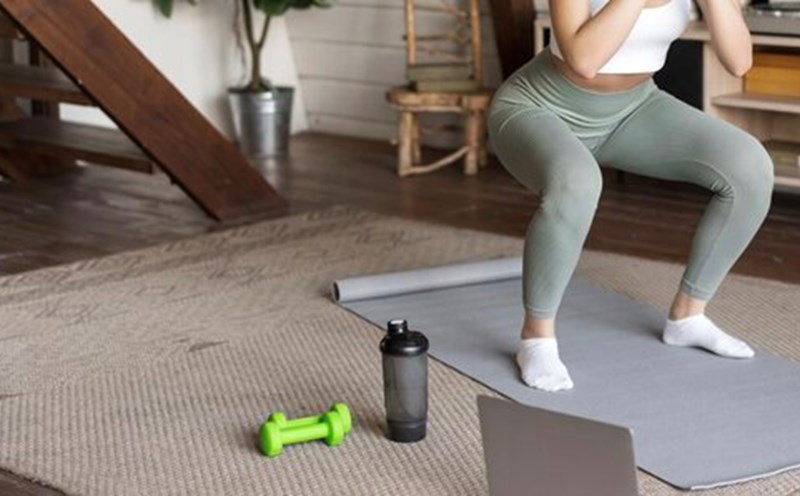In modern life, especially for office workers or those who work at home for long periods of time, incorrect posture - such as leaning against the back, sitting on the back or bowing your head forward - is becoming a potential cause of many health problems. In addition to back and neck pain, a little-known but very common impact is postural breast pain, according to Onlymyhealth.
According to Dr. Jayesh Bhanushali, a spinal surgeon at KIMS Hospital (Than, India), incorrect posture can cause musculoskeletal pain - a type of pain not related to the heart. Long-term low back position causes chest muscles to be compressed, limiting lung expansion, causing tension in the rib cartilage joints (where the sternum meets the ribs). At the same time, nerve compression and stiffness in the upper back can also lead to severe chest pain.
Dr. Navita Purohit Vyas ( Kokilaben Dhirubhai Ambani Hospital, Mumbai, India) also agrees that sitting in the wrong position causes the chest muscles to form tight tendons or knots in the muneed muscles, which are the main cause of spreading pain, damage, and sometimes throbbing or burning in the chest.
Symptoms of posture-related breast pain are often more noticeable when exercising, changing posture or taking deep breaths, and often ease when resting, relaxing muscles or adjusting the posture correctly. This is an important difference that helps distinguish between chest pain caused by cardiovascular disease - which is accompanied by symptoms such as shortness of breath, sweating, dizziness or nausea.
For prevention and treatment, experts recommend:
Sit up straight, shoulders spread out, feet touched to the ground.
Avoid bowing your head while using a phone or at work.
Change your posture, do light exercise every 30-60 minutes.
Practice simple stretches, gentle yoga or exercises to improve posture.
In severe cases, doctors may prescribe physical therapy or inject painkillers directly into the tense muscle points to help relieve pain effectively. If you often have chest pain, do not be subjective but see a doctor early to determine the exact cause, rule out serious diseases such as heart disease and have appropriate treatment.











